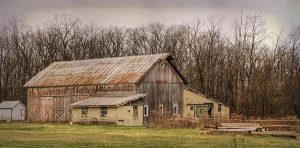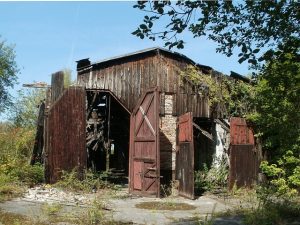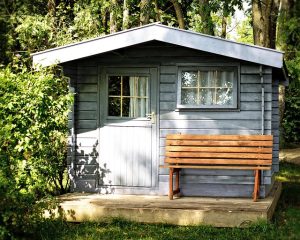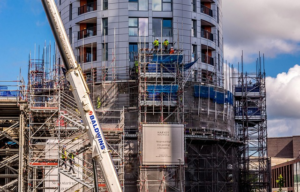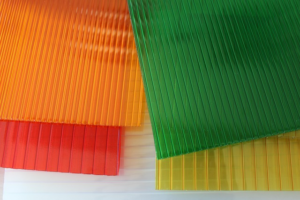Residential vs. Commercial Sheds: Expert Insights from Shed Builders and Designers
When considering a new structure on your property, whether for residential or commercial purposes, it's crucial to engage with specialized professionals like shed builders and shed designers who understand the nuances of shed construction. …….
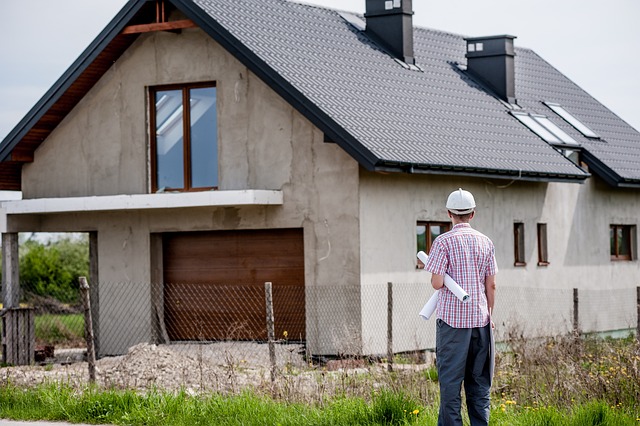
When considering a new structure on your property, whether for residential or commercial purposes, it's crucial to engage with specialized professionals like shed builders and shed designers who understand the nuances of shed construction. A seasoned shed builder with expertise in both residential and commercial sheds can help you navigate the choice, ensuring that the finished project not only meets your functional needs but also complies with local ordinances. Residential sheds, designed by residential shed designers, offer versatile spaces for leisure, storage, or additional living areas, tailored to personal tastes and household requirements. These are managed within residential zoning and aesthetically blend with your home environment. On the other hand, commercial shed manufacturers focus on durability and scalability, crafting robust structures that cater to a variety of industries, from agriculture to retail, while adhering to health and safety standards. The choice of materials by both residential and commercial shed manufacturers is vital—they must be safe, sustainable, and capable of withstanding the intended use. Steel and aluminum are often chosen for their strength and resilience in commercial applications, offering energy-efficient and insulated solutions that can adapt to diverse operational needs. In either scenario, a specialist shed builder ensures technical proficiency and a tailored approach for a structure that is both functional and compliant with its intended use.
Navigating the world of sheds can be a nuanced endeavor, with residential and commercial options catering to distinct needs. This article delves into the key differences between these two types of structures, guiding you through the essentials of selecting the right shed for your purposes. From understanding your specific requirements to collaborating with adept shed builders and designers, and making informed material choices with reputable shed manufacturers, each aspect is scrutinized to ensure your shed serves its intended function optimally. Join us as we explore real-world applications that highlight the success of both residential and commercial sheds, all through the expertise of leading professionals in the field.
- Defining Your Needs: Residential vs. Commercial Sheds
- The Role of a Specialist Shed Builder in Your Project
- Designing for Functionality: Insights from a Skilled Shed Designer
- Material Matters: Choosing the Right Materials with a Trusted Shed Manufacturer
- Case Study: Successful Residential and Commercial Shed Applications by Leading Shed Builders and Designers
Defining Your Needs: Residential vs. Commercial Sheds

When considering the addition of a new structure to your property, whether for personal use or as a business venture, it’s crucial to distinguish between residential and commercial sheds based on your specific needs. A shed builder with expertise in both sectors can guide you through the decision-making process, ensuring that the structure meets your functional requirements and adheres to local regulations. Residential sheds typically cater to homeowners seeking additional space for hobbies, storage, or as an extension of living quarters. They are designed with personal use in mind, offering customization options that align with aesthetic preferences and lifestyle needs, often managed by a residential shed designer.
In contrast, commercial sheds are engineered for durability, scalability, and efficiency to accommodate the operations of a business. These structures often require higher load capacities, better insulation, and more robust construction materials due to their intended use for extended periods. A professional shed manufacturer with experience in commercial projects will consider factors such as zoning laws, commercial traffic, and specific industry needs when designing these sheds. Whether you’re a small business owner or a large corporation, the right shed manufacturer can tailor the design to optimize space utilization and ensure compliance with safety and building standards.
The Role of a Specialist Shed Builder in Your Project
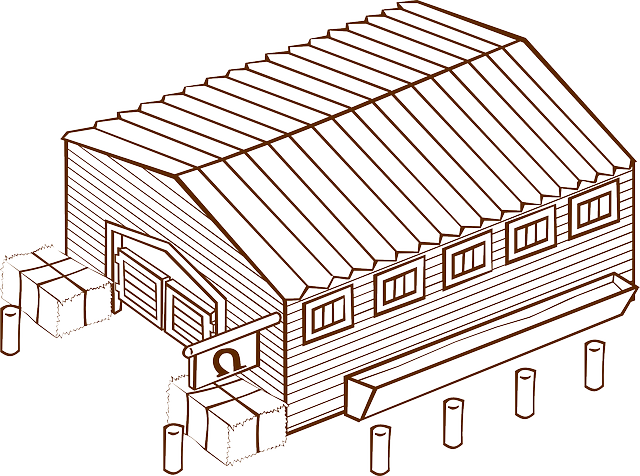
When embarking on a project to construct either a residential or commercial shed, the expertise of a specialist shed builder becomes pivotal. Unlike general contractors who may dabble in various construction types, a shed builder with specialized knowledge ensures that every aspect of your shed’s design and construction aligns with its intended use. For residential sheds, this means creating a safe, efficient space for hobbies, storage, or as an additional living area. A residential shed designer understands the nuances of home-based needs, including adherence to local zoning laws and the integration of the shed into the existing landscape without disrupting the harmony of the property.
Conversely, for commercial sheds, a shed builder’s role is equally critical but with different considerations. These structures often demand higher durability, security features, and compliance with occupational health and safety standards. A commercial shed manufacturer must be adept at designing spaces that cater to various industries, from agriculture to retail, ensuring functionality, adaptability, and scalability according to the client’s business needs. Whether for residential or commercial purposes, a specialist shed builder brings not only the technical expertise but also a deep understanding of the specific requirements that distinguish these two types of sheds. Their involvement from concept to completion ensures a structure that is not just built to last but tailored to serve its purpose effectively.
Designing for Functionality: Insights from a Skilled Shed Designer

When embarking on a project to construct either a residential or commercial shed, the expertise of a skilled shed designer plays a pivotal role in ensuring the structure not only meets but exceeds functionality requirements. A seasoned shed builder, versed in the nuances of shed design, understands that residential sheds are often tailored to store personal items, house hobbies, or serve as additional living space. In contrast, commercial sheds are designed with a broader range of activities in mind, from accommodating large-scale industrial equipment to providing retail spaces that cater to the public.
The shed designer’s approach to designing for functionality is informed by a thorough assessment of the intended use and the environment where the shed will be located. For residential clients, a shed manufacturer might prioritize aesthetics, comfort, and personalization, ensuring the structure harmoniously integrates with the home or garden setting. Conversely, for commercial applications, the focus shifts to durability, adaptability, and scalability. The design must account for heavier use, potential zoning regulations, and possibly the integration of electrical systems, HVAC, or other utilities to support the intended purpose effectively. Whether for residential or commercial needs, a competent shed designer’s insight ensures that every aspect of the design supports its intended function, from material selection to space planning.
Material Matters: Choosing the Right Materials with a Trusted Shed Manufacturer

When embarking on a project to construct a new shed, whether for residential or commercial purposes, selecting the appropriate materials is paramount. The choice of material not only affects the durability and functionality of the shed but also its aesthetic appeal and longevity. Residential sheds typically prioritize safety, design harmony with the home, and cost-efficiency, often utilizing materials like wood, vinyl, or composite for their construction. Wood sheds offer a classic look and can be treated for weather resistance. Vinyl sheds are low maintenance and resistant to rot and pests. Composite materials blend the benefits of both wood and vinyl, providing a durable and attractive option that’s becoming increasingly popular.
Commercial shed construction, however, demands materials that are not only robust but also sustainable and weather-resistant due to their frequent use and potential for heavy storage or as workspace. Steel sheds are favored for their strength and the variety of styles available. Metal buildings can be designed with energy efficiency in mind, incorporating insulation for climate control. Aluminum might be chosen for its lightweight properties, while steel is preferred for its strength and ability to withstand harsh environments. Engaging a reputable shed manufacturer or shed designer who specializes in commercial-grade structures ensures that the materials selected will meet the specific needs of the business, whether it’s storage, agricultural, or industrial applications. The expertise of these professionals is crucial in navigating the various material options and designing a structure that is both functional and visually appealing, ultimately providing value for the investment over its lifespan.
Case Study: Successful Residential and Commercial Shed Applications by Leading Shed Builders and Designers

In the realm of outdoor structures, both residential and commercial sheds serve distinct purposes, each tailored to meet unique needs. A case study highlighting successful applications by leading shed builders and designers illustrates the versatility and functionality of these structures. For instance, a renowned shed builder crafted a spacious residential shed that doubled as a home office and a hobby workshop for an avid DIY enthusiast. The design incorporated ample natural lighting, insulation for year-round use, and a durable, weather-resistant exterior to ensure longevity. On the other hand, a commercial shed designed by a top shed designer was implemented for a large agricultural enterprise, providing a controlled environment for sensitive equipment storage and processing space. This commercial shed featured robust materials resistant to heavy usage, energy-efficient systems, and strategic layouts to optimize workflow efficiency.
Both projects underscore the importance of the shed manufacturer’s expertise in creating structures that are not just functional but also adaptable to various environments and uses. The residential shed exemplified how a dedicated space could enhance a homeowner’s quality of life by offering a tranquil retreat from daily distractions. Conversely, the commercial shed demonstrated how industrial-grade construction and thoughtful design could lead to increased productivity and cost savings for businesses. These case studies showcase the critical role that shed builders and designers play in transforming open spaces into valuable assets, whether for personal enjoyment or business operations.
When embarking on a project for a new shed, it’s crucial to discern between residential and commercial needs, as each serves distinct purposes. This article has illuminated the key differences in design, materials, and functionality inherent to both types of sheds. Engaging with a skilled shed designer and a reputable shed builder is paramount, ensuring that your structure meets all necessary requirements. A shed manufacturer with a track record of excellence will guide you through selecting robust, durable materials suited to your project’s demands. By examining real-world applications from leading shed builders and designers in our case study, it becomes evident that a well-constructed shed, be it for home use or business purposes, can significantly enhance utility and efficiency. In conclusion, whether you’re looking to expand residential storage or establish a commercial workspace, understanding these distinctions is essential, and the right professionals can transform your vision into a sturdy reality.
